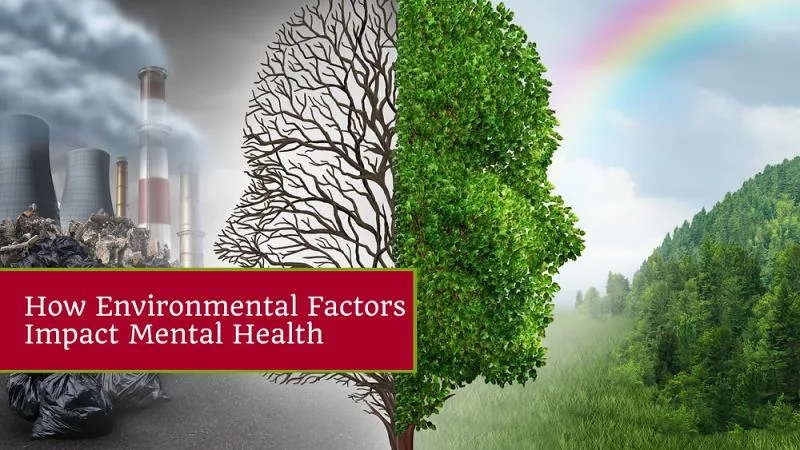As Pakistan grapples with the escalating effects of climate change, a silent crisis is emerging—eco-anxiety, a chronic fear of environmental catastrophe, is taking a toll on the nation’s mental health.
Climate Disasters and Psychological Fallout
From the devastating 2022 floods that displaced over 33 million people to the record-breaking heat-waves of 2024 and 2025, climate disasters have left deep psychological scars. Survivors report symptoms of anxiety, depression, PTSD, and suicidal ideation, especially among farmers, youth, and displaced families.
Vulnerable Populations
- Women and children face heightened risks due to disrupted social networks and increased exposure to trauma
- Youth express despair over lost educational opportunities and uncertain futures2
- Low-income communities lack access to mental health services, compounding the crisis
Mental Health Stigma and Gaps
Mental health remains heavily stigmatized in Pakistan, often misunderstood or dismissed. With only 0.19 psychologists per 100,000 people, access to care is severely limited. Many survivors struggle to articulate their distress, and cultural taboos prevent open dialogue.
A Path Forward
Experts advocate for:
- Psychological first aid in disaster response plans
- Youth-led climate action to channel anxiety into empowerment
- Community resilience programs like climate cafés and peer support groups
- Policy reforms integrating mental health into climate adaptation strategies




+ There are no comments
Add yours